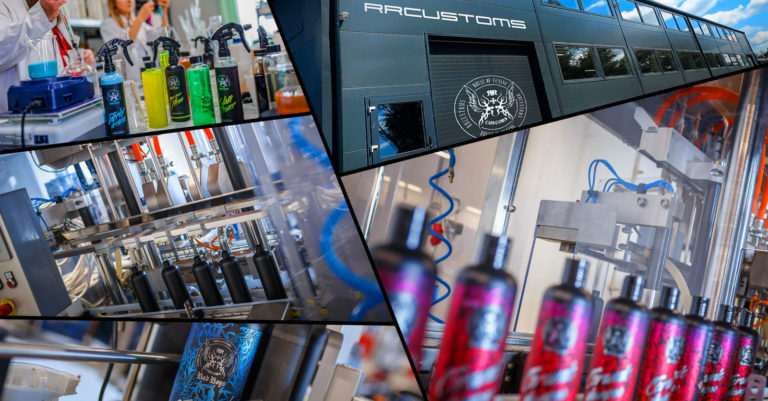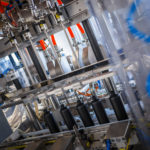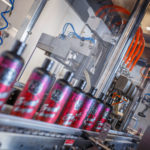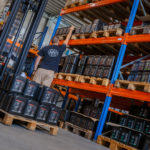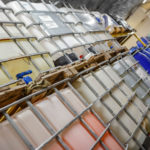We are the RRCustoms company that produces BadBoys detailing chemicals. If you’re interested in understanding how we manufacture car detailing products, then please continue reading. Chemically, the creation of these products isn’t vastly different from the manufacturing of household or other chemicals.
An easy way to explain the process is by comparing it to a chef’s cooking. Both procedures involve using ready-made raw materials and combining multiple ingredients to form a final product. The analogy between cooking and the production of detailing chemicals is not coincidental. Like chefs, producers of detailing chemicals have access to specific raw materials to formulate their products. A chef can create either a delectable or inedible dish depending on their technique. Similarly, producers of detailing chemicals utilize semi-finished products, but incorrect proportions can lead to a poorly performing or even unusable product.
Before we have a finalized formula, we initiate it through a research process. Our project begins by identifying a need. The detailing market is constantly evolving, introducing newer, more advanced products. We expect our products to be not only effective and easy to apply but also have pleasant, dense fragrances and high efficiency. These ever-increasing demands challenge our chemists at RRCustoms. We maintain a full-time team of chemists in collaboration with two world-class institutes, granting us extensive research capabilities. This allows us to continually innovate and create new product recipes.
Once we have a product concept and a set of performance requirements, we start the development process. Our chemistry department begins the research, formulating samples that we test in our detailing department. Products that meet our expectations undergo further testing at select detailing companies. For certain products like detailers, waxes, or ceramics, long-term testing is necessary due to their required durability. After gathering feedback and making necessary adjustments, we design labels, assess market demand, and source the necessary raw materials. With all components in place, we initiate production.
What does the production process entail? Most often, products are mixed in one-ton Mausers or a three-ton mixer. We melt waxes in specialized equipment, and other products like ceramics require small volume mixing. The mixing process can last anywhere from an hour to several days, depending on the product. The raw materials are added in a specific sequence, and both the mixer and raw material containers are weighed during the process for accurate proportions.
The final product is then moved to the packaging department, where it’s filled into bottles on an automated line. This line handles not only filling but also cap tightening, label application, and packaging into foil-wrapped packs of 6, 8, or 10 units. The packaged product is then sent to the warehouse.
Certain products may require semi-automatic machines or even manual packaging due to their unique nature.
Both the recipe and the mixing process play crucial roles in production. Whether it’s a QD shampoo or a wheel cleaner, our products can contain a handful to dozens of raw materials. At RRCustoms, we prioritize using local raw materials or import them from Germany.
Why do we choose to produce our own products instead of rebranding, like 90% of detailing chemical producers do? Because owning our production ensures that our customers receive the highest quality products. We have total control over the production process, a level of quality assurance impossible when purchasing a finished product from others.
This is our process for producing detailing chemicals, which likely mirrors that of other manufacturers.
